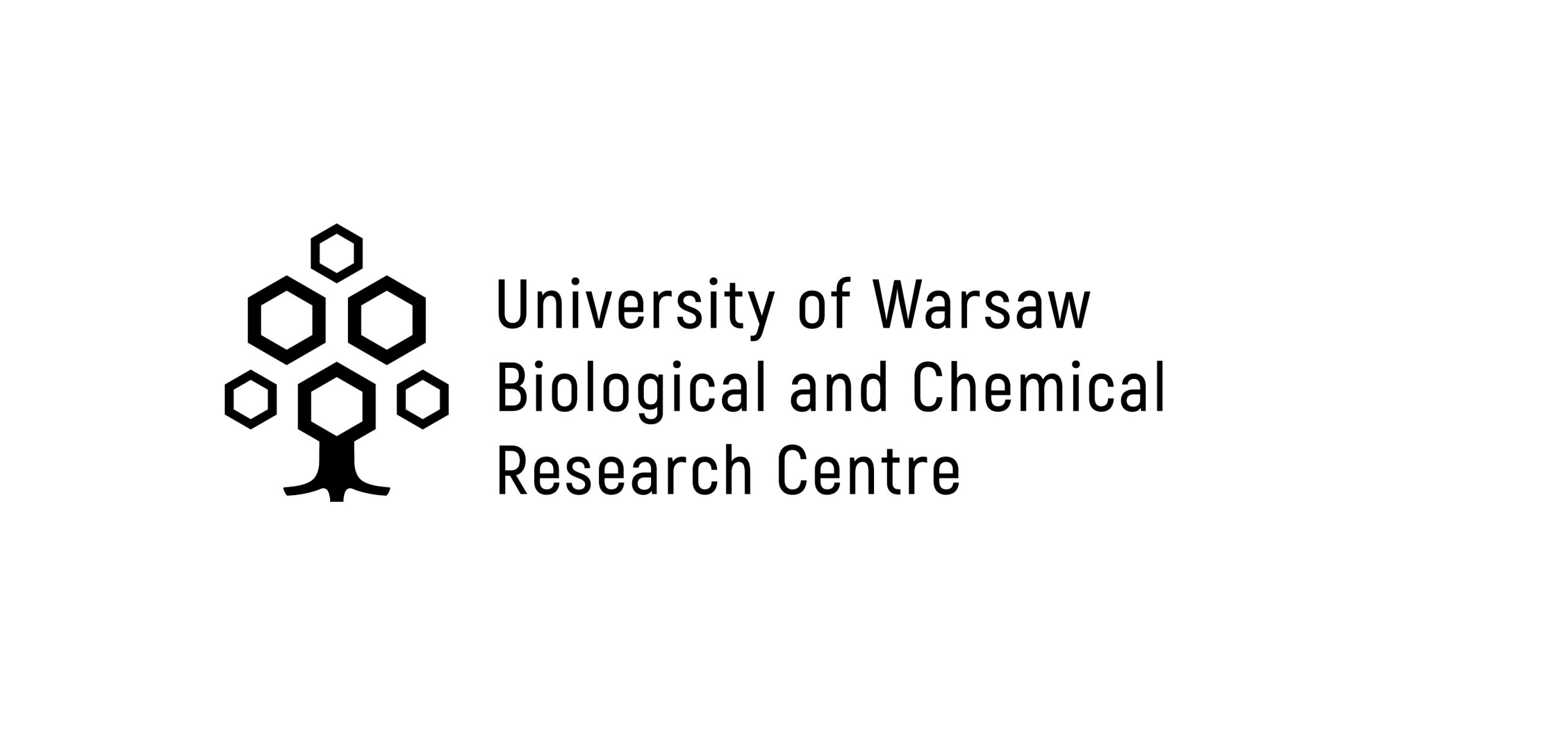Laboratory of Surface Physicochemistry
Description of the Group
The Laboratory of Surface Physicochemistry conducts research on physicochemical phenomena occurring on interfaces. The main fields of studies include:
- processes of sorption chemistry and physical adsorption of organic molecules, including biologically important compounds, on surfaces of solids;
- research on structure and biomimetic properties of lipid layers on solid substrates and on interface between water and air;
- interactions of molecules of biological importance with model lipid membranes;
- design of molecular bindings metal-molecule-metal;
- structure and properties of lipid films and their interactions with antibiotic peptides and lipopeptides.
At the Laboratory of Surface Physicochemistry researchers study structure of lipid layers on solid substrates in nanoscale. They look for correlations between particular properties of lipid films (structure, adhesion, elasticity) and their composition. Studied correlations help to understand functional mechanisms of cellular membranes.
Research Activities
Nowadays, miniaturization of electrical appliances is one of the most important and the quickest to develop branches of nanotechnology. Designing, synthesis and characteristics of new nanostructural biomaterials is crucial for development of new technologies such as molecular wires, diodes, transistors and molecular switches. One of the most promising candidates for construction of the above-listed items are peptide chains. This research group focuses on electrical properties of helical peptides.
The group is equipped with modern research instruments, including STM microscope with spectroscopic modes current-voltage and current-distance, AFM microscopes with modes C-AFM, tapping mode AFM, CS-AFM, EFM, MFM, KFM. Moreover, there is a possibility of work under full electrochemical control.
Research services
Surface analyses with scanning probe microscopy including: scanning tunneling microscopy (STM) with spectroscopic modes (current-voltage, current-distance), conductive sample imaging with high resolution, atomic force microscopy (AFM) – in contact (C-AFM) and non-contact (AC-AFM) modes, with possibility of imaging and thickness measurements of organic layers sorbed on solid substrates, chemical force microscopy (CFM) – work with modified probes possible. Furthermore, there are possibilities of analysing interactions between antibody and antigen or receptor and ligand, work with conductive atomic force microscopy (CS-AFM), and simultaneous measurement of the sample topography and conductivity. Other types of atomic force microscopy can also be used e.g. electrostatic force microscopy (EFM), magnetic force microscopy (MFM) or Kelvin force microscopy (KFM). Prices of services are determined individually after preliminary assessment of analysis and depending on the number of samples. Moreover, prices depend on the type and number of STM/AFM probes necessary for analysis.
Offer:
- AFM imaging of solid surfaces (metals, semiconductors, ceramics, plastics, polymer/organic layers): topography, mapping of nanomechanical properties, electrical conductivity;
- Mapping of specific intermolecular interactions (e.g. antigen-antibody) with the use of AFM-based molecular recognition mode;
- AFM and STM imaging under electrochemical conditions.
Implemented projects:
- SONATA13 (2017/26 / D / ST4 / 00380): Study of the influence of gangliosides, insulin and zinc ions on the interactions of amylin with biomimetic membranes;
- OPUS18 (2019/35 / B / ST4 / 01847): Membranolytic lipo-oligoureas: in search of a new class of antimicrobial compounds;
- HORYZONT2020 MSCA-ITN (GA No. 955643): Multidisciplinary Training of Young Researchers in Novel Implantable Bio-inspired sensors (BioInspireSensing);
- BONUS ON THE HORIZON (2510374 / PnH2 / 2021): Multidisciplinary training of young scientists in innovative implanted sensors inspired by biological systems.
